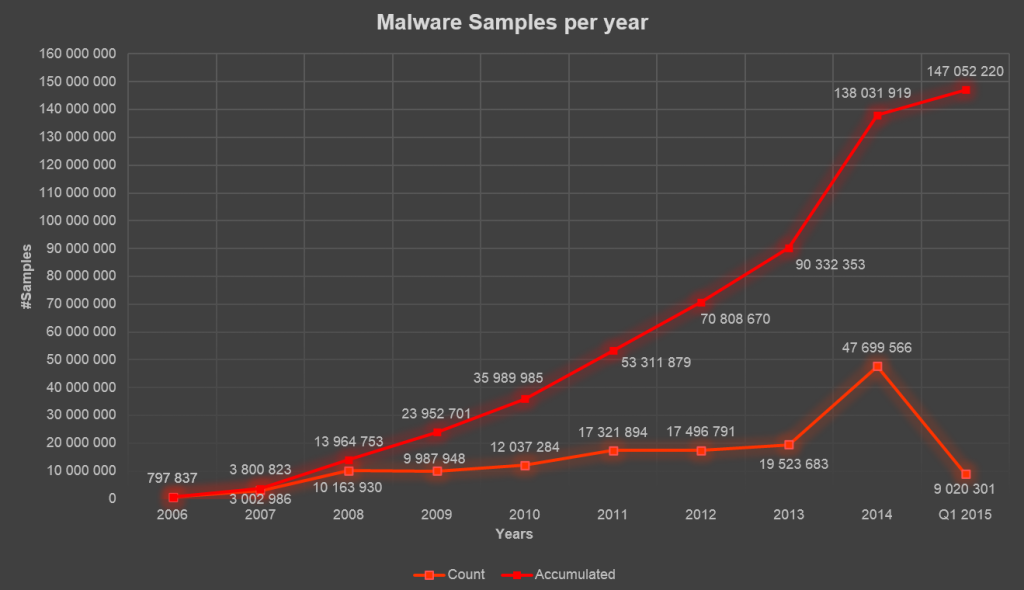First UCS Training in the United States
Blue skies, red sunset and a training room overlooking lake Washington. In this setting, the first UCS Training in the United States ended in Kirkland, WA, a Seattle suburb. Despite the initial challenge of offering training courses around the world, Univention North America welcomed the first participants to learn about the finer details of operating a domain based on Univention Corporate Server.
Problems of connecting to the various Amazon Cloud images were quickly solved and soon the participants and me, as their trainer, went into discussing the various questions from either the training or their production sides.
The advanced level of the participants quickly allowed for an in-depth look at more advanced topics such as Samba debugging and changing UMC templates, allowing both the participants and us as Univention to take home new insides into UCS as a product and the skills needed to run bigger domains.
Vijay Sankar, ForeTell Technologies Limited:
“Thanks again for your excellent class and for patiently answering all
sorts of questions.”


 Earlier this year, we from Zarafa, have informed our ecosystem about the direction of Zarafa’s future product development. It was one, very long newsletter where we showed how we see the world of communication & sharing. Most people only remembered one thing, though: Zarafa stops Outlook.
Earlier this year, we from Zarafa, have informed our ecosystem about the direction of Zarafa’s future product development. It was one, very long newsletter where we showed how we see the world of communication & sharing. Most people only remembered one thing, though: Zarafa stops Outlook.